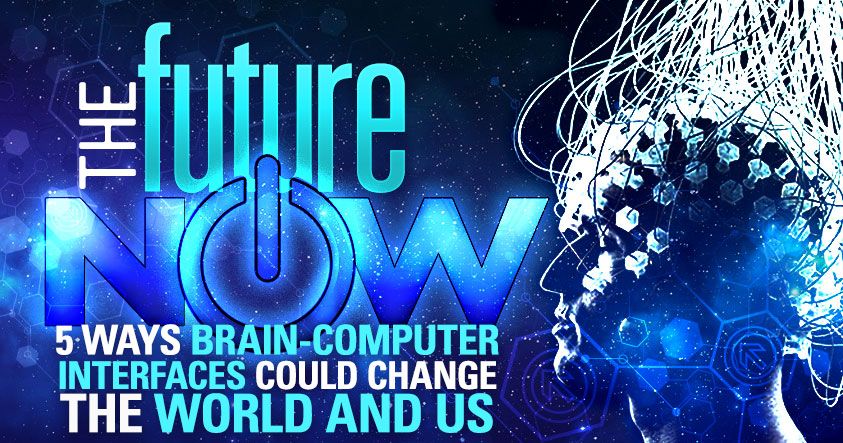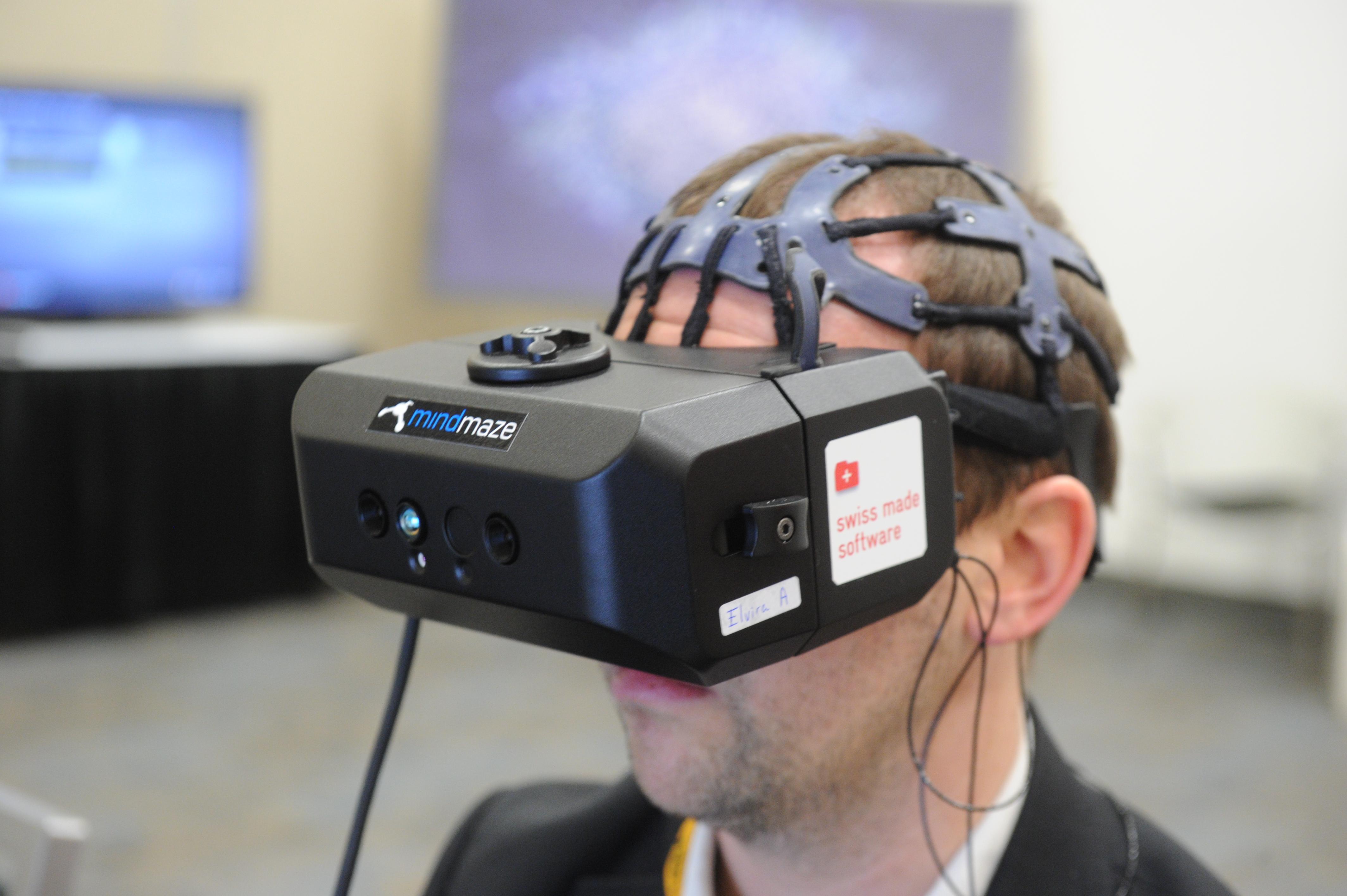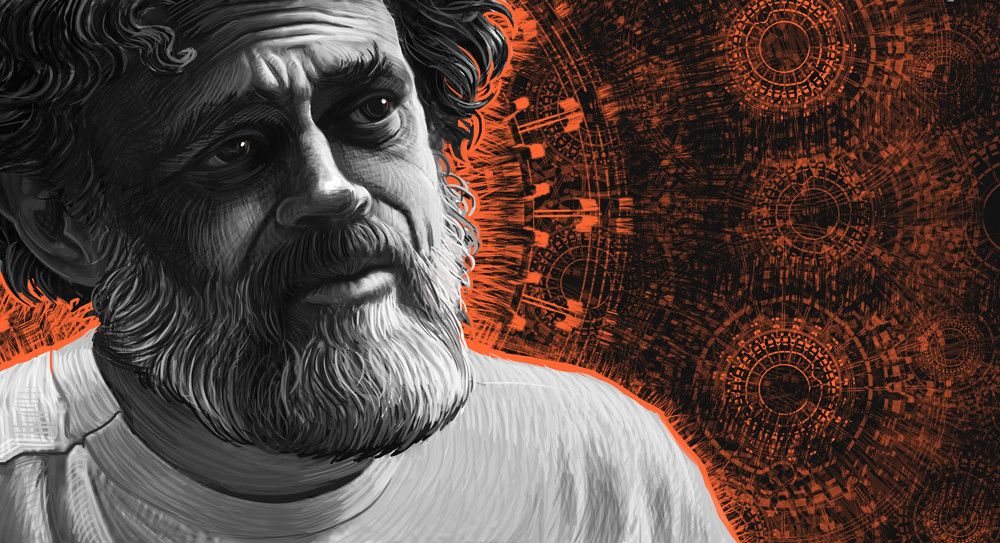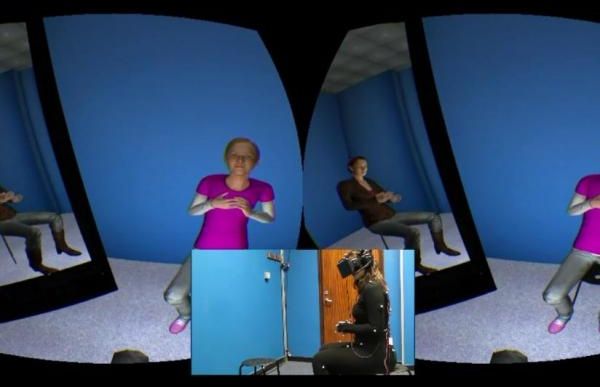Feb 25, 2016
Doctors implant 3D-printed vertebrae in ‘world’s first’ surgery
Posted by Karen Hurst in categories: 3D printing, biotech/medical, cyborgs, neuroscience
Just Amazing
Ralph Mobbs, a neurosurgeon at the Prince of Wales Hospital in Sydney, made medical history in late 2015 when he successfully replaced two vertebrae with custom made prosthesis. The patient, in his 60s, suffered from Chordoma, a particularly nasty form of cancer that had formed on his top two vertebrae and threatened to cinch off his spinal cord as it grew. That would have left him a quadriplegic. Complicating matters, those top two vertebrae are what allow you to turn and tilt your head, so it’s not like doctors can easily fashion a replacement out of bone grafted from another part of the patient’s body. They have to fit perfectly and that’s where the 3D printers come in.
Mobbs worked with Anatomics, an Australian medical device manufacturer, to craft perfect replicas of the patient’s top two vertebrae out of titanium. This is the first time that these two particular neck bones have been printed and installed. “To be able to get the printed implant that you know will fit perfectly because you’ve already done the operation on a model … It was just a pure delight,” Mobbs told Mashable Australia. “It was as if someone had switched on a light and said ‘crikey, if this isn’t the future, well then I don’t know what is’.”
Continue reading “Doctors implant 3D-printed vertebrae in ‘world’s first’ surgery” »
















